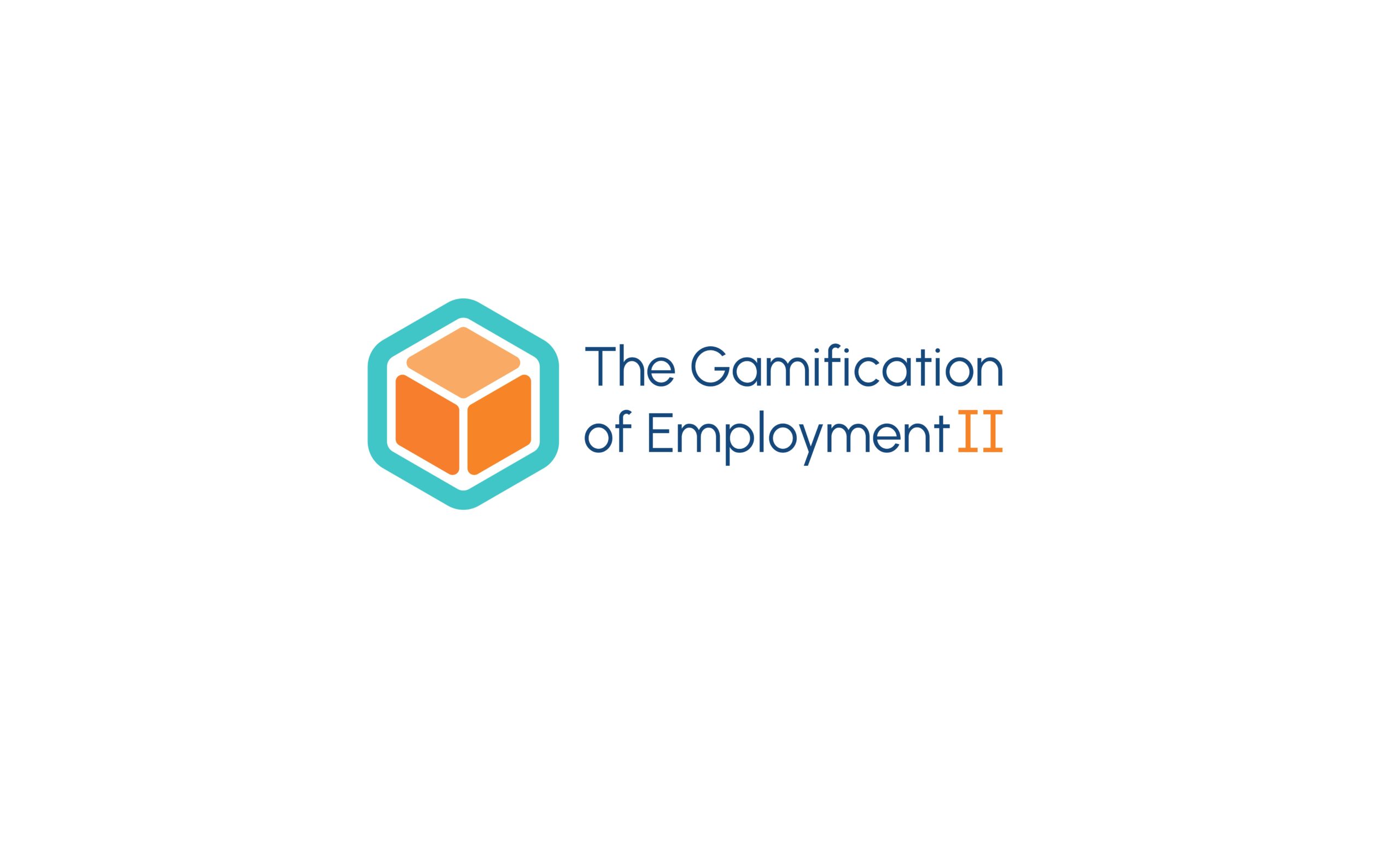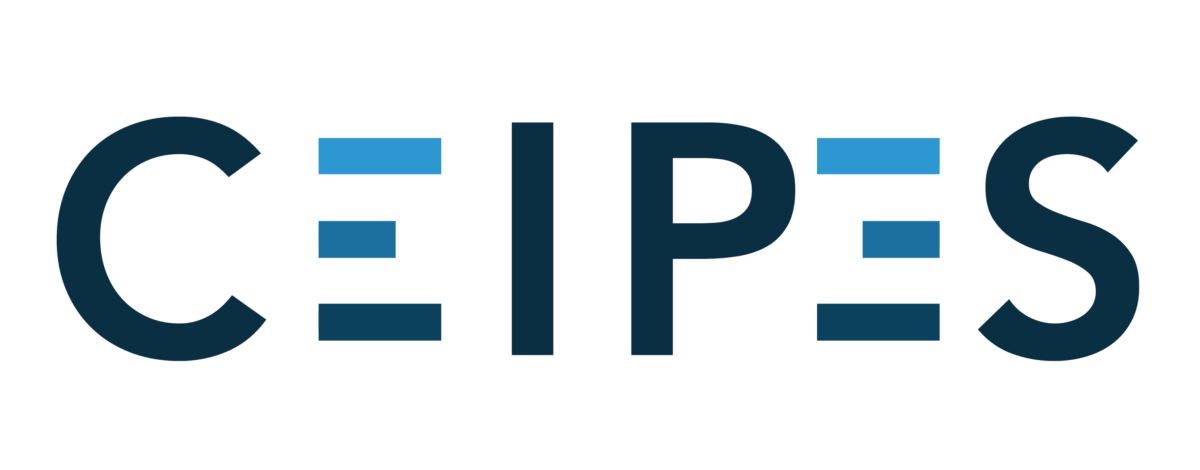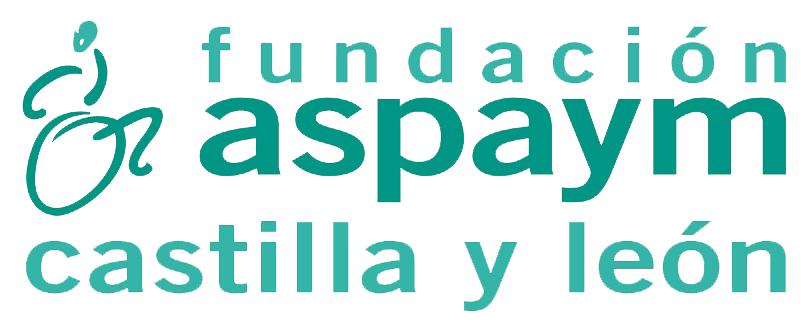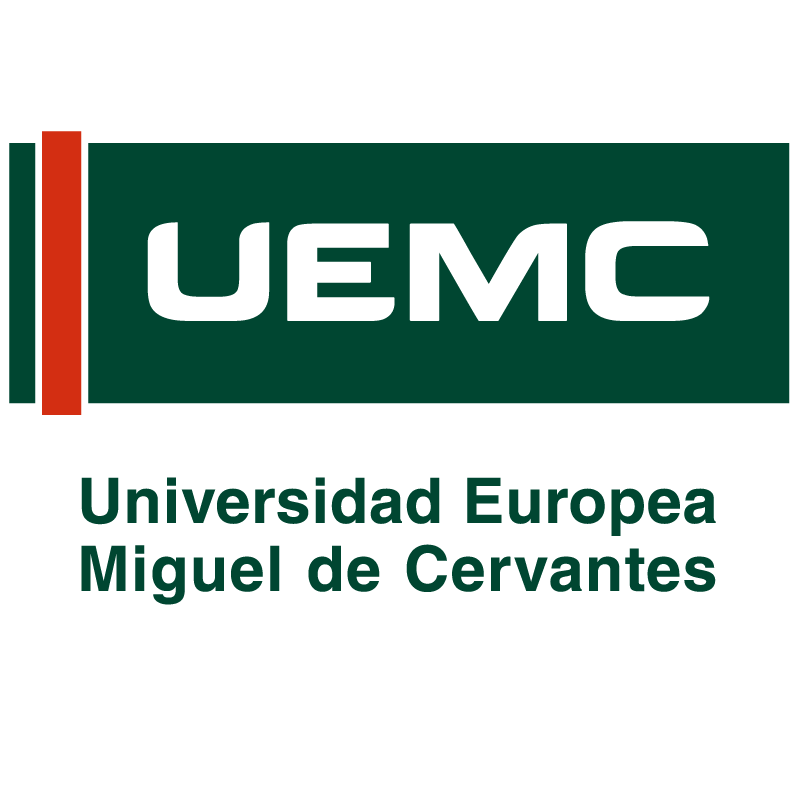
The Gamification of Employment II
Project E-mail: info@ceipes.org
Objectives
The objectives of the project are the following:
- Create innovative practices through a methodology based on virtual gamification that address the upskilling and reskilling process to promote the acquisition of knowledge and skills in regard of digital transformation.
- Foster the engagement of innovative methodologies among youth workers and educators, through the related accessible material to develop and enhance the employability of youth – especially youth with fewer opportunities – in response to the new reality caused by the Covid-19 crisis.
- Encourage the organizational development of 5 entities with diverse cultural and organizational experiences, and strengthen their partnerhip for cooperation, developing and disseminating the project results in the field of youth
Activities
“The Gamification of Employment II” project activities seek to improve upskilling and reskilling skills of youth, especially youth with fewer opportunities, to address digital transformation, through the development of digital readiness, resilience, and capabilities. These methods are intended to improve the employability; therefore, the consortium will work through the development of new approaches to implement new methodologies that youth workers, professionals and interested staff can use while working with their target groups.
Results
An innovative virtual learning ecosystem to help the target updating their knowledge in those capacities identified as strategic to drive digital transformation and enhance youth employability. All this is supported by gamification tools to design experiences that are closer and attractive to young people; it will increase their level of commitment during the learning process by being protagonists of their development process.






